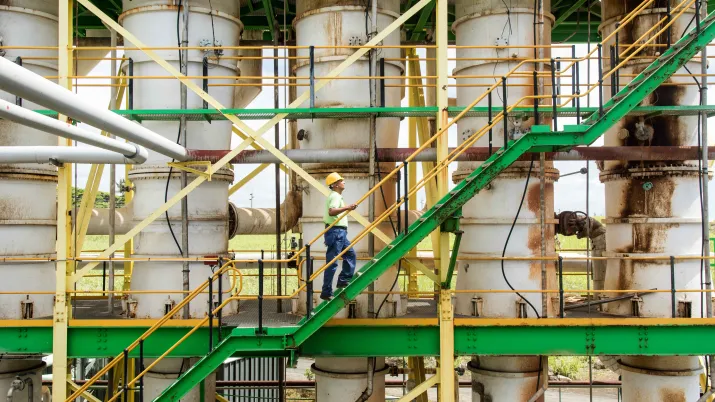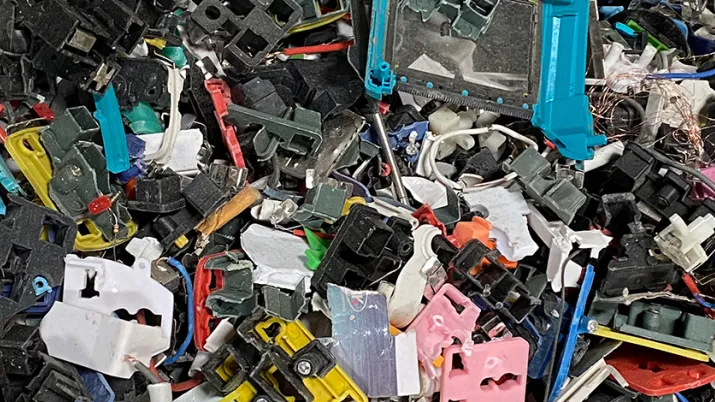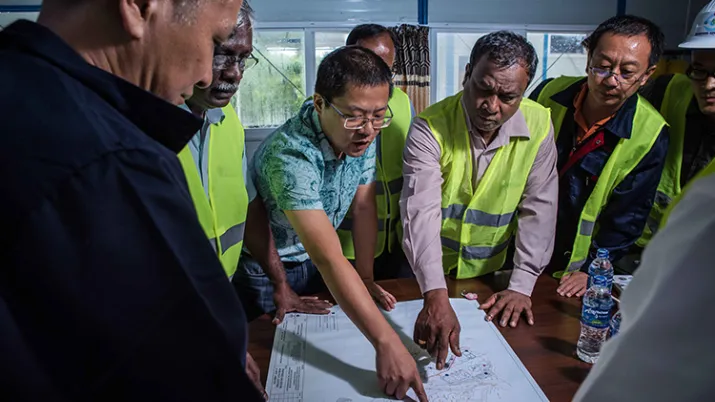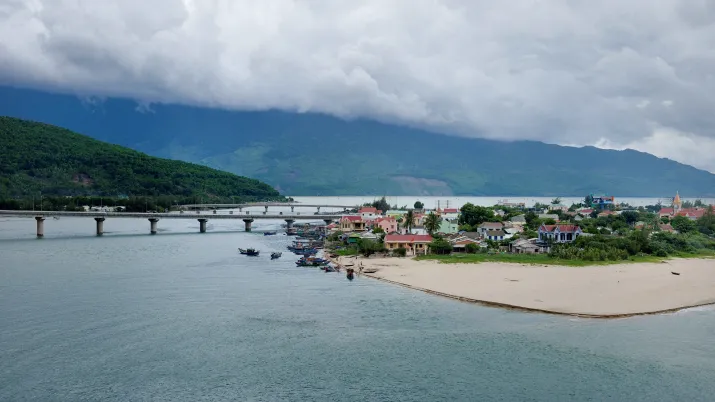Share the page
CIRCULAR project in Sri Lanka
Project
Published on
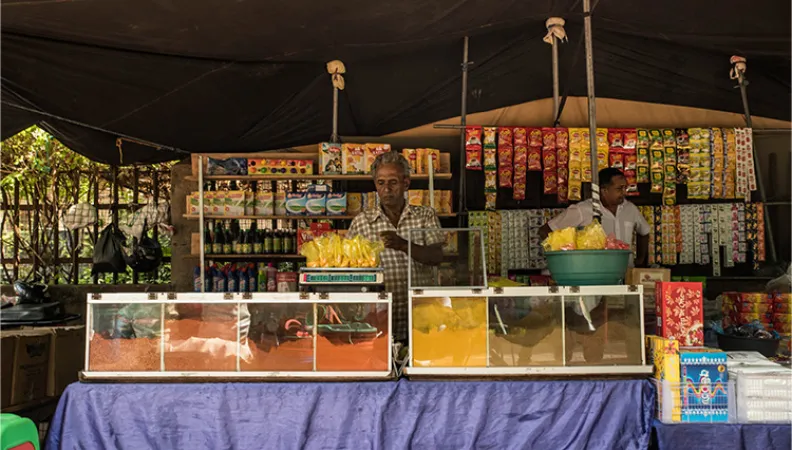
-
Project start date
-
Status
Ongoing
-
Project end date
-
-
Financing amount (Euro)
-
3m
-
Country and region
-
Sri Lanka, Asia and the Pacific
-
Funders
This project aims to reduce single-use plastic waste and promote sustainable practices in Sri Lanka’s food sector.
A European initiative to reduce food waste and single-use plastic
The CIRCULAR project is part of an umbrella programme funded by the European Union (2024-2027). It adopts an integrated approach to foster a circular economy in the food industry in Sri Lanka. This initiative focuses on reducing food waste and loss, as well as single-use plastic.
This programme is implemented by three key implementing partners: Expertise France, the Food and Agriculture Organization (FAO), and the Gesellschaft für Internationale Zusammenarbeit (GIZ).
CIRCULAR: promoting circular economy through two objectives
The CIRCULAR project is designed to achieve two specific objectives:
- Increase recovery, processing and supply of edible and safe food surplus and waste to support vulnerable consumers and food producers.
- Enhance sustainable production, distribution and consumption models related to food waste/loss and single-use plastic food packaging.
Expertise France acts more specifically on the second part of the project and focuses on single-use plastic reduction.
Awareness raising and access to finance: two core activities of the project
Expertise France works on reducing single-use plastic in the food sector by raising awareness of actors along the single-use plastic supply chain and enabling access to finance for growth- and expansion-stage companies.
With these activities, Expertise France will allow the project to reach the following outputs:
- Increased awareness and behavioural changes among the general public, economic operators, consumers and civil society about public incentives, sustainable products, solutions and services on the market
- Improved access to finance and Business Development Services related to sustainable and gender sensitive business models and practices for MSME, startups, social enterprises and cooperatives.
Moreover, the actions led by our partners will allow:
- MSMEs, startups, social enterprises and cooperatives to increase access to sustainable and gender sensitive business models and practices that utilize new technologies and innovations.
- Workers and business staff to enhanced their technical capacity related to sustainable and gender sensitive business models that integrate waste reduction.
Similar projects
SWITCH to Circular Economy in Eastern and Southern Africa
Ongoing
2025 - 2029
Funders : European Union, German State
In the News
In Southeast Asia, providing long-term support to the circular economy, health and security
Southeast Asia is one of the priority regions for France. As part of the 2022 Indo-Pacific strategy, Expertise France is addressing the multiple challenges encountered in the fields of security, susta...
Published on October 6, 2025



